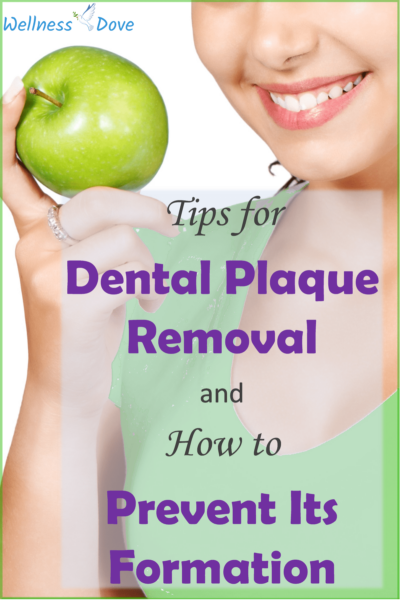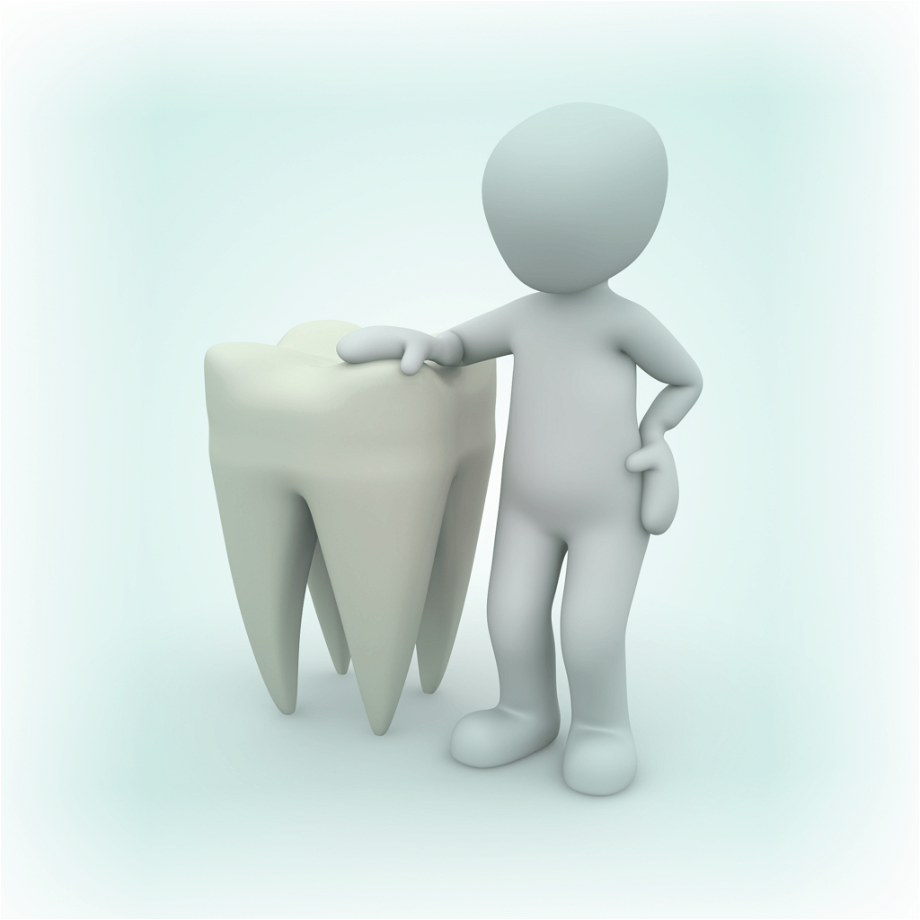
Our oral health affects our general well-being in numerous ways.
We all understand that as the most of us take that extra effort to brush their teeth at least once a day.
Despite our best brushing efforts, however, dental plaque still manages to permanently stick to our teeth.
Over time, plaque naturally hardens and leads to the formation of tartar (dental calculus) around our gum line.
Tartar formation depends on what we eat and how well we clean our teeth, as we will explore in this article.
The bottom line is that its accumulation can lead to various adverse effects on our oral health, many of which we actually experienced:
- untreated tartar is associated with gum bleeding, inflammation, periodontal disease, teeth loss and a host of other problems;
- its porous structure houses bacteria and absorbs lots of toxins;
- plaque sticks to it easier and can, therefore, cover more of the teeth surface;
- it leads to teeth discoloration as it absorbs stains easier due to its porous structure;
- it leads to bad breath;
Post Contents
How is dental tartar formed
Tartar is a hardened dental plaque, which naturally forms above and below the gumline. The main contributors to its formation are:
- Diet, especially processed foods, high in fat and sugar.
- Alcohol consumption
- Smoking
- Prescription medications – sugar-free alternatives should be used if possible;
- Systemic diseases such as diabetes.
Tartar build-up prevention
Live healthily
It is obvious that the main contributing factors to tartar formation are the unnatural diet and habits that people have been adopting at a steady pace for the past century.
Processed oils and sugars were not consumed in large quantities, if at all before that. Therefore, to keep your teeth healthier, it is simply a matter of eating whole, natural plant foods.
Eating healthier means you will feel better and all those stimulants and comfort foods and indulgences will lose their grip on you.
Enhance your dental hygiene
Although tartar build-up is inevitable, however, proper dental hygiene can significantly slow it down.
Basically, as it is a hardened plaque, in order for tartar not to form, most of the plaque should be removed on a daily basis so that it does not harden.
Here follow our tips for excellent oral health and dental plaque removal:
Brush your teeth carefully two times a day, especially before going to sleep, for more than 2 minutes. Get a high-quality electric toothbrush for better results.
Flossing is essential for removing plaque between the teeth, where toothbrushes cannot reach. We recommend water flossers for a more comprehensive and easier cleaning.
Interdental brushes, especially if your teeth are farther apart. Water flossing is also an alternative.
Higher quality toothpaste and mouth rinses have anti-plaque agents.
Chewing gums with vitamin C also help deter tartar formation.
[su_note note_color=”#fffee8″ text_color=”#3a3737″ radius=”6″]
Check out our Dental Hygiene Tips for Excellent Oral Health article for more information on dental hygiene.[/su_note]
Prophylactic tartar removal treatment is a must
Tartar forms naturally and should be cleaned periodically.
Once formed, it is almost impossible to be cleaned only by oneself. Treatment requires special equipment and medical training so the only option is to turn to your dentist for help. Many dentists advise such prophylactic cleaning to be performed as frequently as 6 months.

In our experience, because the procedure requires skills, specialized equipment and determination, some dentists do a better job than others. Therefore, if your problems persist after a cleaning procedure, we advise you to ask another medical professional for help.
Tartar treatment can be cleaned equally as efficiently with both high-tech ultrasonic equipment and manual tools. The fact that a dental clinic has state of the art equipment in nowhere near as important as the medical professional who treats your teeth.
After you have a tartar cleaning procedure, depending on the situation, you might need to use special anti-inflammatory mouthwashes or gel to prevent infection of the gums.
A note, the symptoms listed above are not exclusive to calculus build-up and the underlying reason could be entirely different.
Our experience with tartar
How calculus accumulation affected our well-being
We really started paying attention to tartar and its prevention a couple of years ago. We understood the importance of dental prevention and tartar removal after we experienced a REAL cleaning procedure.
Before we met our current dentist, we had technically undergone cleaning procedures, however, we did not see any benefits from these.
It was Andy’s struggle with bleeding because of his bleeding gums that pointed us in the right direction.
He had tried everything he could to not irritate his gums. He was trying to gently brush his teeth and use the softest brushes and special kinds of toothpaste and mouthwashes.
Yet it was all to no avail, even worse – being so gentle with your teeth, logically, did not clean them well enough and deepened the issue.
Fortunately for us, we met our current dentist. After she examined Andy’s teeth, it was evident to her that the tartar build-up was extremely high. In fact, both of us had a lot of accumulated tartar.
Her advice was for an immediate tartar cleaning procedure. We followed her advice and had our tartar cleaned swiftly.
Our life without tartar
A week after the procedure, however, the gum bleeding was gone for good. Since then, we are now not experiencing any problems. Our teeth are visibly whiter and our breath is fresher.
For the last couple of years now, we are cleaning our tartar regularly and our gums are in top health. We also took a more serious approach to dental hygiene, by incorporating flossing, water flossing and higher-end electrical toothbrushes in our daily routine.
Our conscious quest prevention pays off and we actually do not need to clean our tartar as often as before! When we were brushing our teeth with a manual brush only, every six months we needed to go for a tartar cleaning. Now it is about twice that time – a year between procedures!



